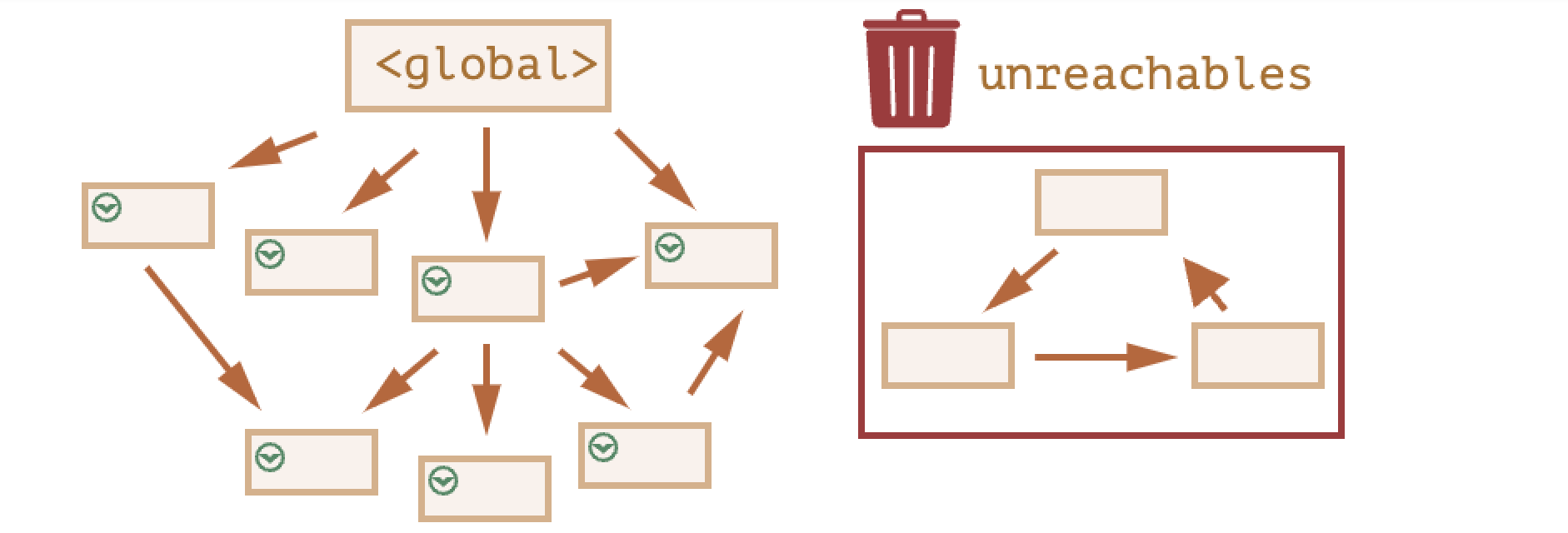Garbage collection & Just-In-Time (JIT) compilation
Optimizing Code in Java

Pavlos Kosmetatos
Lead Engineer @Wealthyhood
Garbage collection - the basics
Manual Memory Management (C/C++)
- Programmer allocates & frees memory explicitly
- Prone to leaks
$$
Java's Garbage Collection
- Automatic memory allocation
- Automatic detection of unused objects
- Automatic memory reclamation
How garbage collection works
- Mark: Identify reachable objects from roots
- Sweep: Remove unreachable objects

Garbage collection and performance
GC Performance Trade-offs
- Simplifies development, but comes with performance considerations
$$
GC Algorithms
- There are several garbage collection algorithms offered by modern JVMs
- The choice depends on the application's requirements
- A deep-dive guide regarding GC algorithms can be found here
1 https://www.baeldung.com/jvm-garbage-collectors
GC performance impact
// Bad - Creating many short-lived objects for (int i = 0; i < 1000000; i++) { new Object(); // Immediately becomes garbage }// vs. Reusing objects Object obj; for (int i = 0; i < 1000000; i++) { obj = new Object(); // Only one reference }
GC-friendly coding
// Avoid this in performance-critical code String result = ""; for (int i = 0; i < 100000; i++) { result += i; // Creates a new String each time }// Better approach StringBuilder builder = new StringBuilder(); for (int i = 0; i < 100000; i++) { builder.append(i); // Reuses the same buffer } String result = builder.toString();
Just-In-Time compilation
- JVM execution process:
- Java source -> Bytecode
- Bytecode -> Interpreted execution
- Hot methods -> Native machine code
- Optimizes frequently executed code
JIT-friendly code patterns
- Write predictable code
// Predictable branches help JIT optimization
if (value > 0) {
// Code A - frequently taken path
} else {
// Code B - rarely taken path
}
- Create focused, smaller methods
- Small, frequently called methods are ideal candidates for inlining
- Complex code may be optimized less effectively
Summary
- Minimize object creation in performance-critical paths
- Write predictable code that aligns with JIT optimization capabilities
- Focus optimization on the code that actually matters by profiling first
Let's practice!
Optimizing Code in Java

